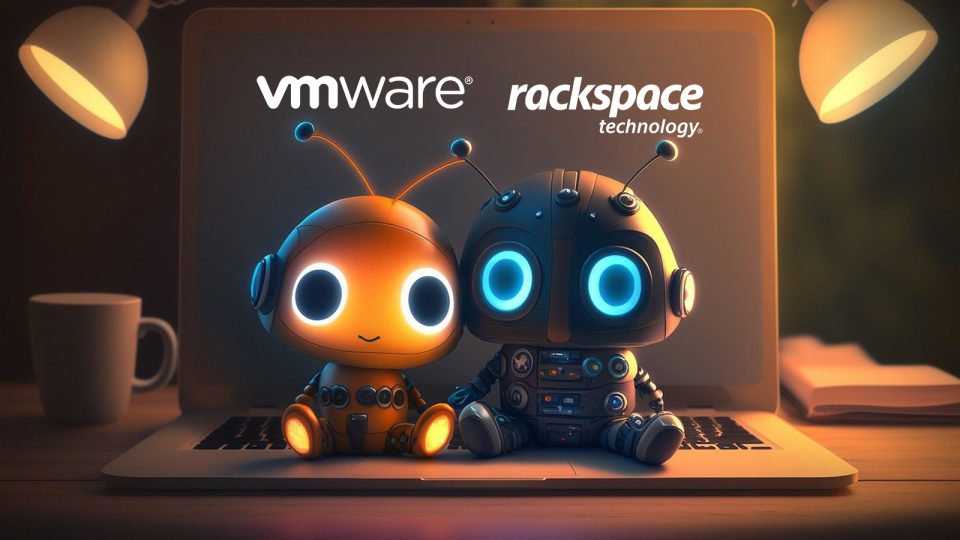Rackspace Technology and VMware findings from the 2024 IT Outlook Report underscore the immense potential of pervasive AI in revolutionizing the business landscape. Despite this positive outlook, businesses encounter significant hurdles in implementing AI. The challenges highlighted include proving its value, lack of supporting technological infrastructure, and a shortage of skilled talent, which collectively impede the seamless integration of AI into operations.

Moreover, the report signals a notable trend: the increasing adoption of generative AI within business processes. Around 22% of organizations anticipate fully integrating this technology into all their operations within the next year, highlighting the growing prominence and adoption of generative AI across various industries.
Addressing challenges in AI implementation is crucial for businesses, focusing on demonstrating value, technological infrastructure, and investing in talent development. These steps are vital to fully leverage the potential of AI-driven transformations in the business landscape.
The report highlights an ongoing transformation in cloud technology. Respondents revealed a shift in their organization’s IT infrastructure, with rising edge computing, private cloud, and public cloud workloads. Meanwhile, traditional setups like data centers, colocation facilities, and mainframes are declining.
Simon Bennett, Global CTO for Private Cloud at Rackspace Technology, highlighted the evolving narrative of business technology in EMEA, emphasizing the significant strides AI has taken in adoption across various environments, including public and private cloud. Bennett stressed the importance of overcoming implementation hurdles through effective management and expertise. He noted the growing significance of the hybrid cloud model, driven by the omnipresence of the cloud, enabling businesses to make smart decisions regarding costs and security. Looking ahead, Bennett expressed excitement about witnessing the practical applications of these technologies in the coming year.
Across EMEA, hybrid cloud technology dominates, with 75% of businesses leveraging private and public cloud environments. Improved security (47%) and cost reduction (46%) are primary motivations for this adoption. However, data integration poses the most significant challenge (42%) for embracing a hybrid cloud setup.
FAQs
1. According to the report, what steps are crucial for businesses to overcome challenges in AI implementation?
The report emphasizes the importance of demonstrating value, investing in technological infrastructure that supports AI, and focusing on talent development. These steps are essential to leverage the potential of AI-driven transformations in business fully.
2. What are the primary hurdles businesses face in implementing AI?
The report emphasizes three significant challenges hindering AI implementation: proving its value, lack of supporting technological infrastructure, and a shortage of skilled talent. These collectively impede the seamless integration of AI into business operations.
3. What is the trend in adopting generative AI in organizations?
Around 22% of organizations anticipate fully integrating generative AI into all their operations within the following year. This underscores the increasing prominence and adoption of generative AI across various industries.
[To share your insights with us, please write to sghosh@martechseries.com]


